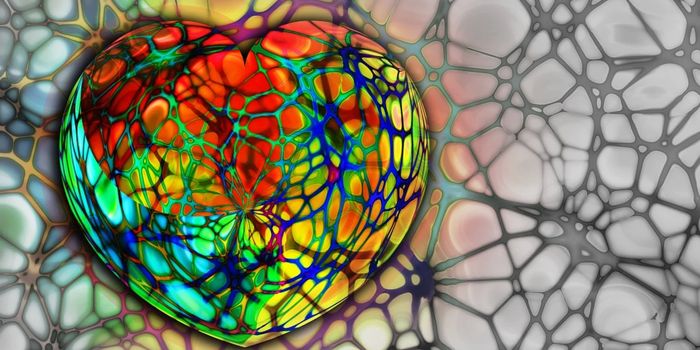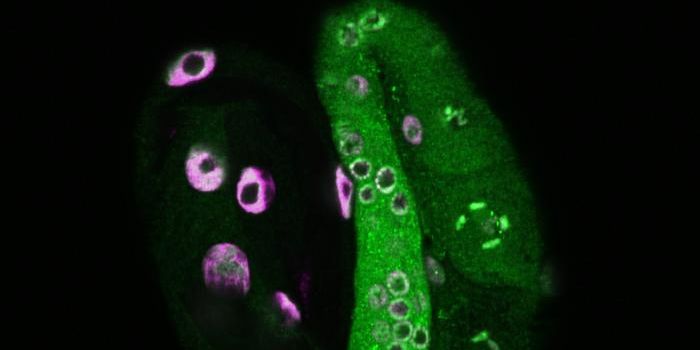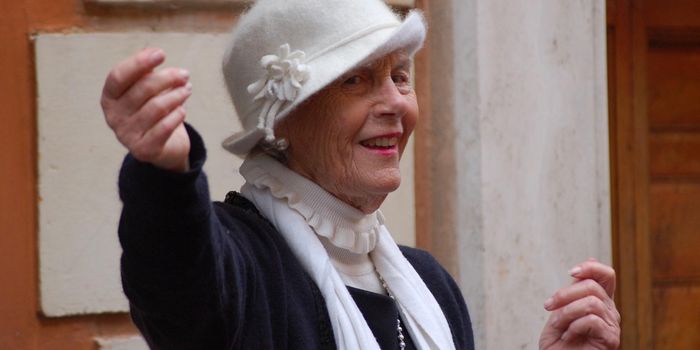Many Pathogenic Genetic Variants Don't Seem to Carry A Big Risk of Disease
For many years, a genetic mutation was usually identified because it was linked to a serious disease. Researchers were able to connect errors in some genes, like the huntingtin or neurofibromin genes to a disorder, such as Huntington's disease or Neurofibromatosis. But as its gotten easier and cheaper to sequence the human genome, many more mutations have been identified, as well as variantions in the genetic sequence that contribute to the risk of getting a disease. But the implications of learning you carry one of those mutations or variants is not always clear - how much is the risk of disease raised? New research has suggested that many variants that have been linked to a greater chance of developing a disease may not always be so risky.
Reporting in JAMA, scientists studied the health records and genetic data of thousands of people to reveal that a so-called pathogenic genetic variant gives a percent an average of about a seven percent increase in the risk of developing a disease, which they consider relatively low. For some variants, that increase may be a wide range, and may depend on other genes.
This research can help advance personalized medicine, and improve how scientists and clinicians interpret genetic testing results. While we know a lot about some genetic mutations and variants and some genes, in the future, researchers will fill in the gaps in our knowledge about other genes and their variants, some of which have only a minor influence on biology. That kind of data, from many diverse populations, will show how all of the many genetic variants that are carried by an individual may work together to impact their biology and disease risk.
In this study, the researchers analyzed 37,780 known genetic variants in 72,434 individuals, and their health information. The data came from Mount Sinai's BioMe Biobank program and the UK Biobank.
Study authors including Iain S. Forrest, an MD-Ph.D. candidate in the lab of Ron Do, Ph.D., an Associate Professor of Genetics and Genomic Sciences at Icahn Mount Sinai were interested in improving how genetic variants are classified. Right now, overly broad labels such as 'benign' or 'pathogenic' are typically used.
"As I learned in the clinic, there's a lot of grey area with these labels. That's when we realized that the biobanks which link DNA sequence data to electronic health records are an unparalleled opportunity to address this need," said Forrest.
The work indicated that 5,360 variants that have been called "pathogenic" by ClinVar, a commonly referenced public library supported by the NIH, or predicted by algorithms to be "loss-of-function" were associated with 157 diseases. But the likelihood that one of those variants occurred with a patient's diagnosis was low - only 6.9 percent. The difference in risk between a person carrying a disease-linked variant and a person not carrying it was also low. In genetics, these variants would be said to have a low penetrance.
"At first I was quite surprised by the results. The risks we discovered were lower than I expected," said Dr. Do. "These results raise questions about how we should be classifying the risks of these variants."
Some genetic variants, such as ones found in the BRCA1 and BRCA2 genes, still carried a high risk of disease. For those genes, which have been linked to breast cancer, carriers of pathogenic variants have an average of a 38 percent increase in risk. In any given individual, however, that risk may range from zero to 100 percent.
Some over- or underestimation of the risks may have occurred in this analysis, the study authors cautioned, and more research will be needed to improve personalized genomics. This research has suggested that people should be cautious when interpreting any genetic testing results.
Sources: The Mount Sinai Hospital, Journal of the American Medical Association (JAMA)









